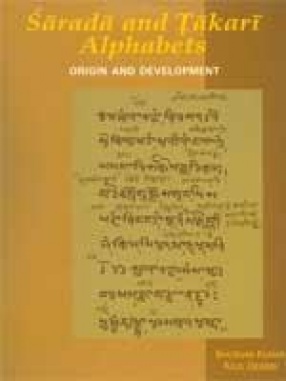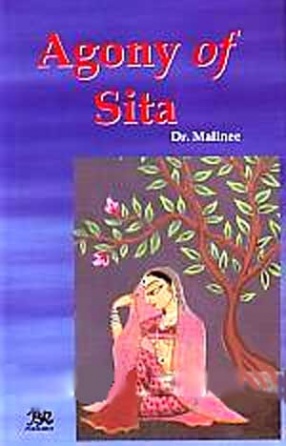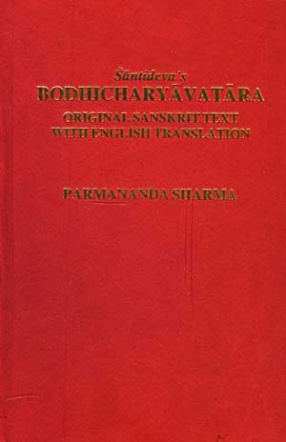Among the Indian scripts the Sarada scipt has a pride of place. Though an alphabet of Kashmir par excellence it remained for several centuries a popular script of an extensive area of north-western India including Afghanistan, Gandhara or north-western Pakistan, the Darad territories of Gilgit, Chilas and Chitral, Ladakh, Jammu, Himachal Pradesh and Delhi. The epigraphic and literary records written in the Sarada script that have surfaced in these regions have thrown welcome light on many facets of the history and culture of the area of their provenance. Nearly the entire extant manuscripts of Sanskrit works including those on science, mathematics and erotics besides some old Kashmiri texts are written in this script. The Sarada alphabet was replaced in the 13th century by its descendant, the Devasesa, which in turn gave rise to the modern alphabet of Takari. The epigraphic, literary and other valuable documents of Himachal Pradesh available are mostly written in Devasesa and Takari. But it is sad that the number of scholars having a sound knowledge of the Sarada and Takari scripts is extremely small. There is every apprehension of the complete loss of these two scripts unless serious measures are taken to disseminate the knowledge under the guidance of the epigraphy stalwart to our younger generation of scholars. The entire study of the present work is based on original records and is comprehensively illustrated by palaeographic tables and charts prepared from published fascimilies, photographs, and original inscriptions and manuscripts. To give an idea of the records written in these two scripts, printed photographs of the inscriptions, manuscripts, documents, etc. have been given at the end of the book. It is hoped that the book would serve as a guide and an aid for the scholars interested in the study of the important and valuable records written in Sarada and Takari scripts which are otherwise preserved in museums and libraries in India and abroad.
Ekadasi Mahatmya of Vyasamuni
$13.50
$15.00





There are no reviews yet.